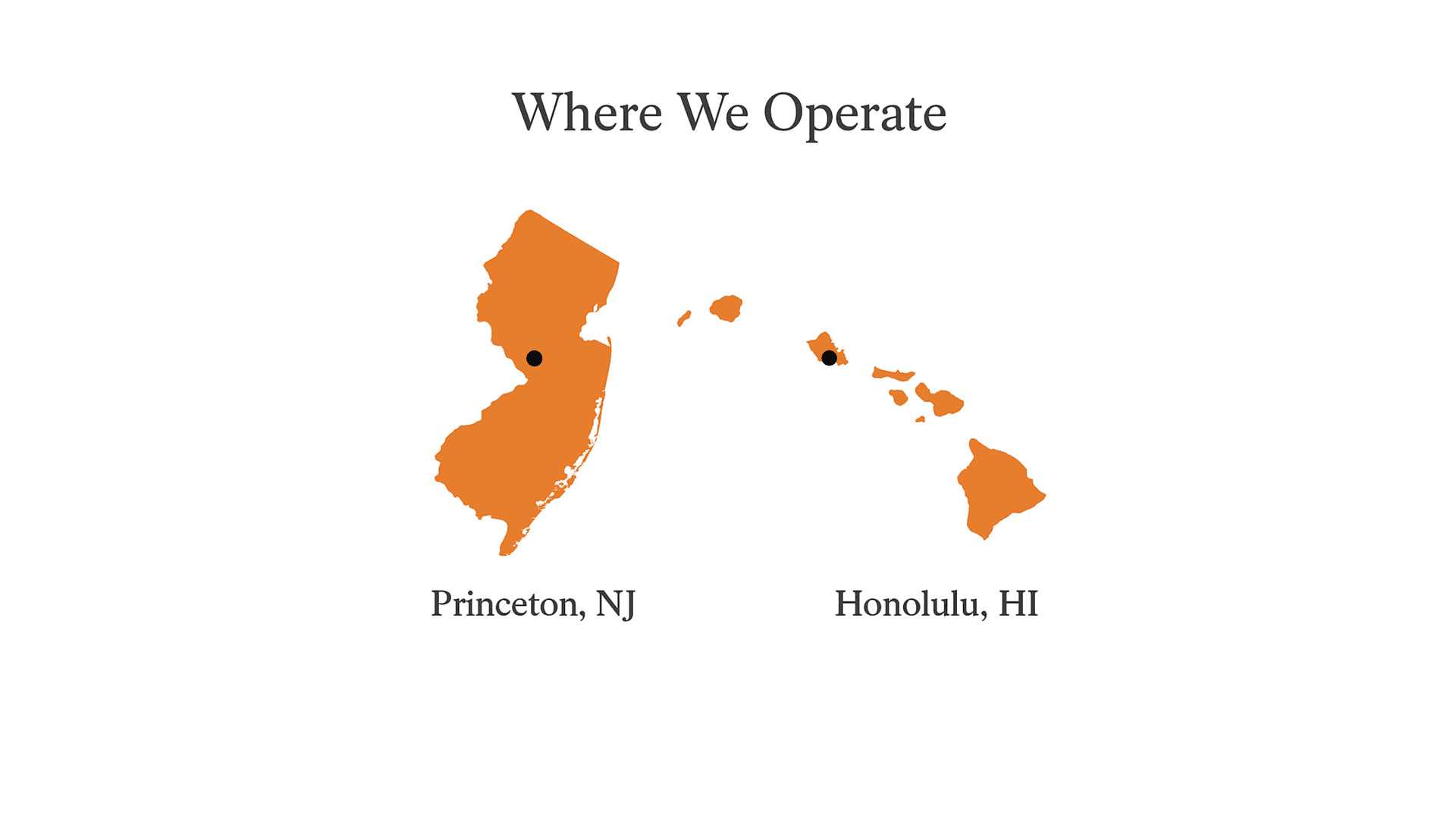A Summer of Service, Learning, and Listening
Princeton Pono Pathways is a summer program that combines internships, volunteer service, and cultural learning to create a transformative experience for Princeton students. In doing so, it aims to support non-profit and governmental organizations on the island of Oʻahu.
Independent Student Initiative
This is a student-led program organized independently by Princeton students. While we are members of the Princeton community, the initiative is not formally affiliated with the University.
Our Program
Princeton Pono Pathways is a student-led initiative that brings other Princeton students into sustained engagement with Native Hawaiian communities through immersive summer experiences grounded in land-based learning and community partnership. Students intern with local organizations where they explore specific Native issues in depth, while volunteer projects like loʻi kalo (taro patch) farming, marine conservation, and cultural site restoration, along with expert-led presentations, provide broader context on Indigenous history, law, and resistance. The program aims both to support ongoing community-led efforts and to educate students on historically marginalized topics, ultimately deepening their understanding of Native Hawaiian culture, land, and ongoing struggles for justice.
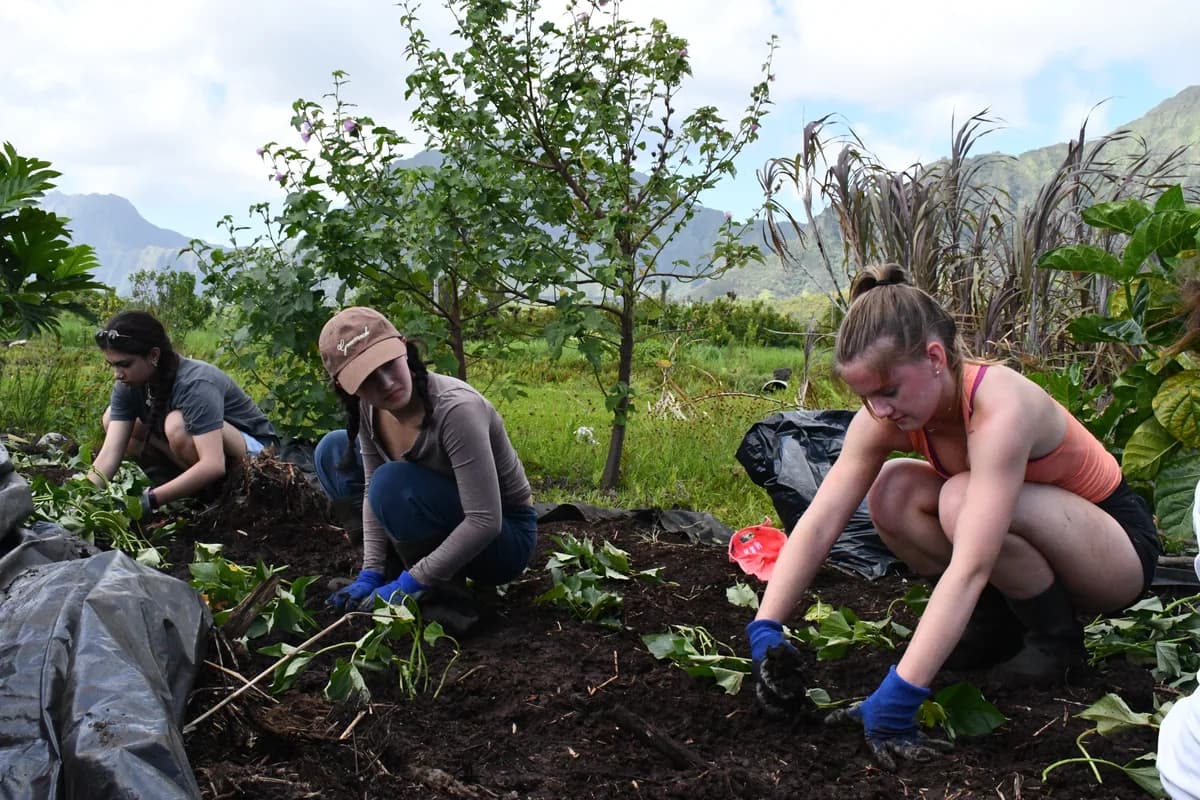
Kalo Cultivation at Kākoʻo ʻŌiwi
Students working in the kalo patches at Kākoʻo ʻŌiwi, learning how kalo is cultivated and prepared for the community, while exploring its deep cultural significance as a sacred and vital crop in Native Hawaiian life.
Core Program Components
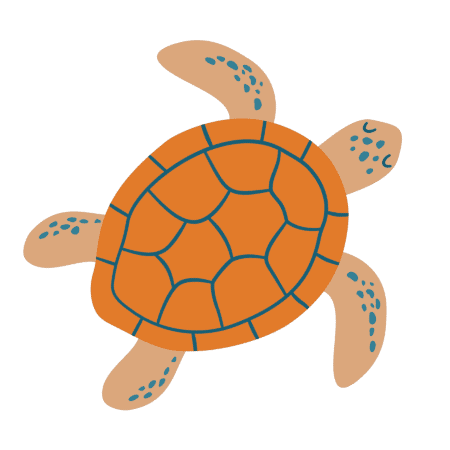
Internships
Each student is placed in a full-time internship with a local partner organization. Students spend four days per week (Monday through Thursday) working on issues such as Indigenous policy, legal advocacy, cultural revitalization, environmental restoration, and economic equity. Each year, a list of internship partners is released in advance. Students may indicate preferred sites, but placements are made based on alignment and availability and cannot be guaranteed.
Contribute meaningfully through a summer internship.
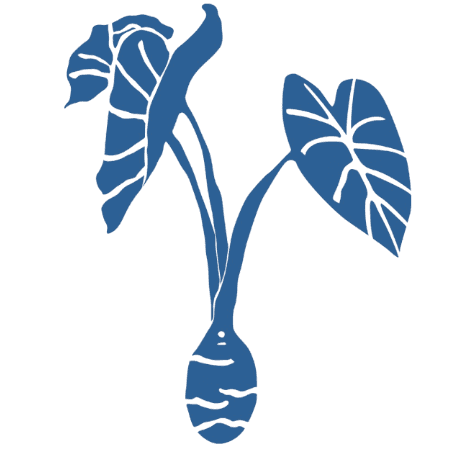
Volunteer Work
Students participate in hands-on volunteer projects that support community-led initiatives. Activities include loʻi kalo (taro farming), marine restoration, watershed conservation, and environmental stewardship projects. These experiences provide students with direct engagement in local land-based practices and community service, fostering a deeper understanding of Indigenous approaches to environmental care and sustainability.
Serve with care, respect, and humility.
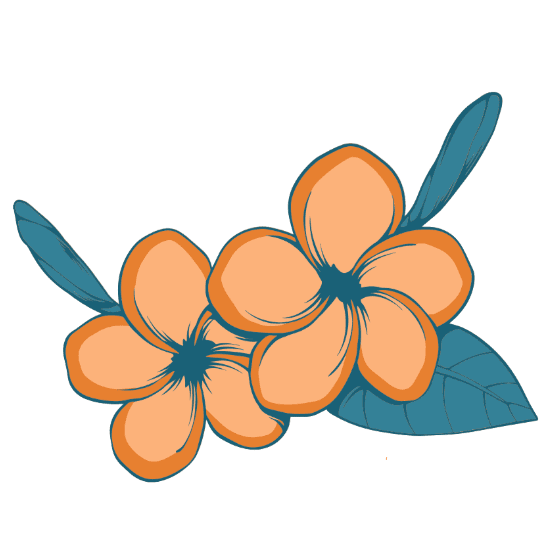
Historical Trips & Expert Lectures
Students attend cultural and historical field trips to sacred sites, museums, and cultural centers, while participating in expert-led lectures and presentations. These experiences include visits to ʻIolani Palace, Bishop Museum, sacred heiau sites, and presentations by community leaders, scholars, and activists. This educational component provides students with deeper cultural and historical context for their work and engagement with local communities.
Learn through cultural immersion and expert guidance.
Program at a Glance
Princeton, New Jersey (Spring & Fall)
Students engage in academic preparation through Hawaiian history coursework, cultural orientation, and foundational readings in Indigenous justice. Some activities take place remotely. The fall phase is light, requiring only the completion of a few reflective write-ups.
Honolulu, Hawaiʻi (Summer)
Students complete 32-hour internships with community organizations based in Honolulu. In addition to internship work, the program includes ʻāina-based volunteering, cultural field trips, and service activities that take place across the island of Oʻahu.
